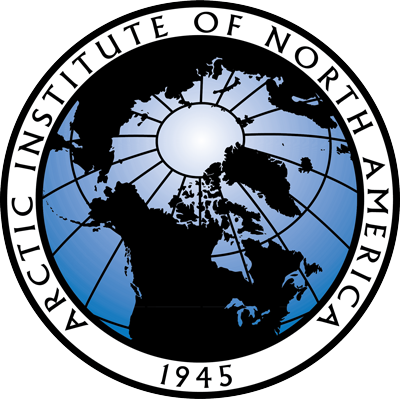The combined four-day ISAR-4 and ICARP III Symposium will be composed of plenary presentations, panel discussions, and parallel sessions addressing both the ISAR-4 theme, "Rapid Change of the Arctic Climate System and its Global Influence," and the ICARP III theme, "Integrating Arctic Research: A Roadmap for the Future." It will also present an opportunity to celebrate the 25th anniversary of teh international Arctic Sicience Committee (IASC) and to recognize those who have been instrumental in its founding, development and growth.
Fourth International Symposium on the Arctic Research (ISAR-4)
The ISAR-4 part of the symposium will be directed to detecting and understanding recent changes in the Arctic, with a specific focus on processes affecting the global system. It also aims to facilitate scientific discussions and to enhance further national and international cooperation and collaboration, in particular between Arctic and non-Arctic countries. The discussions will include the direction and expected outcomes of Japan´s Green Network of Excellence (GRENE) Arctic Climate Research Project.
Third International Conference on Arctic Research Planning (ICARP III)
ICARP is an Arctic Science Conference, convened periodically by IASC and its partners to identify key scientific ques-tions and issues. Ten years after ICARP II and building on the outcome of the IPY 2007/2008, ICARP III provides a framework
- to identify Arctic science priorities for the next decade;
- to coordinate various Arctic research agendas;
- to inform policy makers, people who live in or near the Arctic and the global community and
- to build constructive relationships between producers and users of knowledge.ICARP III was formally launched at the ASSW 2014 and includes a series of events and activities in 2014/2015.
The ISAR-4 and ICARP III Symposium at ASSW 2015 will mark the closure and culmination of ICARP III and the symposium will present and discuss the outcome of the planning process, namely a consensus statement identifying the most important Arctic research needs for the next decade and a roadmap for research priorities and partnerships

